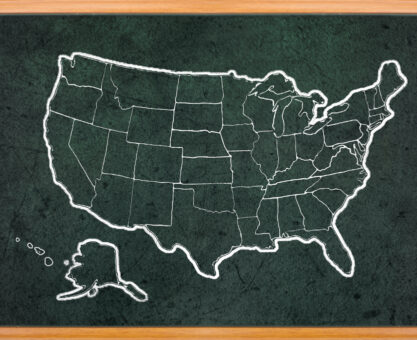Paying off your mortgage before retirement can be an excellent way to help ensure you won’t outlive your nest egg. Then again, it’s important to understand the pros and cons before you make the decision.
Mortgage Payments Are A Major Expense In Retirement
According to a study conducted by the Center for Retirement Research, 46% of homeowners between the ages of 65 and 79 are still paying off a mortgage. Even more shocking — one out of every four homeowners age 80 and over are also making a monthly mortgage payment.
For retirees, the average monthly mortgage payment accounts for as much as 35% or more of their annual living expenses. Depending on other loans you may carry into retirement, these types of debts may take an even bigger bite out of your income when you separate from service.
It All Depends On Your Financial Situation
From making extra, monthly mortgage payments to refinancing a 30-year loan into a 10-year loan, there are a number of strategies for paying off your mortgage quicker. However, depending on your financial situation, it may be wiser to take the money you’d use to pay off your mortgage early and put into your Thrift Savings Plan (TSP). This is especially true if you’re age 50 and eligible to make catch-up contributions.
When Paying Off Your Mortgage Is A Good Idea
Paying off your mortgage early is a good idea if you’ve already accumulated a sizeable nest egg you can count on in addition to your FERS annuity (pension) and Social Security income. An early pay-off can save you a considerable amount of money on interest payments. Meanwhile, you’ve eliminated what is likely the largest monthly expense for the majority of retirees: the cost of housing. Even better – you’ll have more money to enjoy the retirement you’ve worked long and hard to earn.
“When the outstanding balances on high-interest consumer debt run high, it’s far better to pay it down as fast as you can.”
When Paying Off Your Mortgage Is Not A Good Idea
If you’re likely to carry a considerable amount of consumer debt into retirement, paying it down is more important than paying off your mortgage. When the outstanding balances on high-interest consumer debt run high, it’s far better to pay it down as fast as you can. Even if you don’t have high consumer debt, paying off your mortgage may make you “house rich and cash poor.” This means the equity in your home is your largest asset but you don’t have the cash you’d need to cover an emergency or grow your retirement nest egg.
To learn more about the pros and cons of paying off your mortgage, connect with an FRC® trained advisor.
Source: https://crr.bc.edu/more-retirees-today-have-a-mortgage/
























